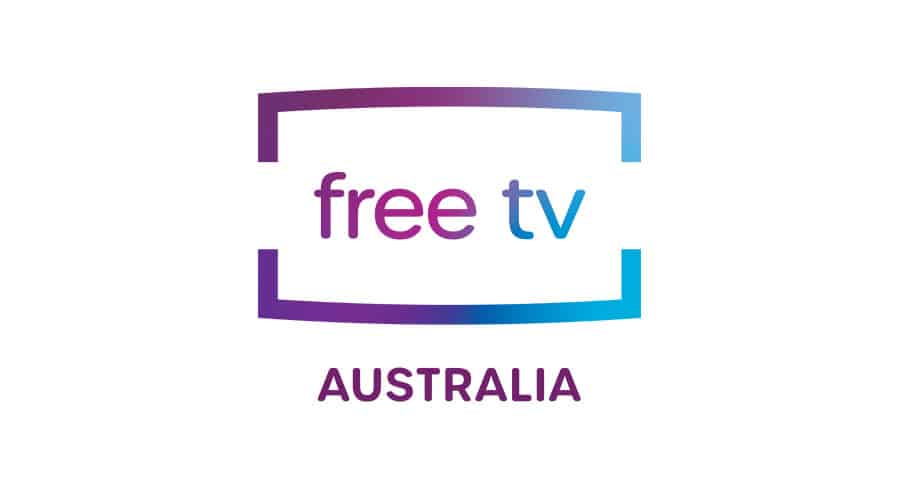ACMA has reported all Free TV members delivered an average of 75% Australian content on their primary channels in 2023.
Commercial TV broadcasters are required by law to broadcast at least 55 per cent Australian content between 6.00 am and midnight on their primary channel, and, 1,460 hours of Australian content between 6.00 am and midnight on non-primary channels.
On non-primary channels, broadcasters provided more than double the required number of quota hours.
The results were similar for the first release Australian content required by the Broadcasting Services (Australian Content and Children’s Television) Standards 2020.
Under those rules broadcasters must reach 250 points by broadcasting first release Australian content across certain genres each calendar year. All broadcasters, in both metropolitan and regional licence areas, met and exceeded these requirements, with results from 260 points up to 435 points.

Bridget Fair, CEO, Free TV
Free TV CEO, Bridget Fair said the results “matter” because they show the commitment of metropolitan and regional commercial broadcasters alike to Australian content.
“The Australian content our members make informs, educates, entertains and connects all Australians. And the $1.67 billion we spend on Australian content is an essential contribution to Australia’s local screen production industry,” she said.
“This is an important reminder of the commitment of Australian commercial broadcasters to Australian content and audiences. Aussie content is in our DNA and tells our local stories, whether that’s in news and current affairs, entertainment, drama or sport.”
Fair continued that in a time of economic headwinds, it’s important to support the sustainability of the sector.
“Whether it’s abolishing the unjustified Commercial Broadcasting Tax, which costs our industry $46 million per year, supporting regional broadcasters to keep the lights on, or finalising a position in relation to Meta’s withdrawal from the News Media Bargaining Code, action from the Albanese Government is needed now more than ever,” Fair said.
“A strong local television broadcast sector is in the public interest and must be part of the Government’s Future Made in Australia.”
The ACMA results come as the Prominence and Anti-siphoning bill was passed without amendment by the Senate in July, meaning subscription streamers, such as Prime Video, Netflix and Foxtel’s Kayo could now outbid free-to-air networks for digital streaming rights for Australian sporting events.
This means that while streaming services, as well as subscription TV, cannot buy the free broadcast (aerial delivered) rights until a free-to-air broadcaster, such as Nine, Seven, or 10, has acquired them, they are not stopped from bidding on the streaming rights that free-to-air broadcasters currently have on their respective BVOD services (9Now, 7Plus, 10 Play or SBS On Demand).
See also: Streamers can now outbid free-to-air networks for digital sports streaming rights
